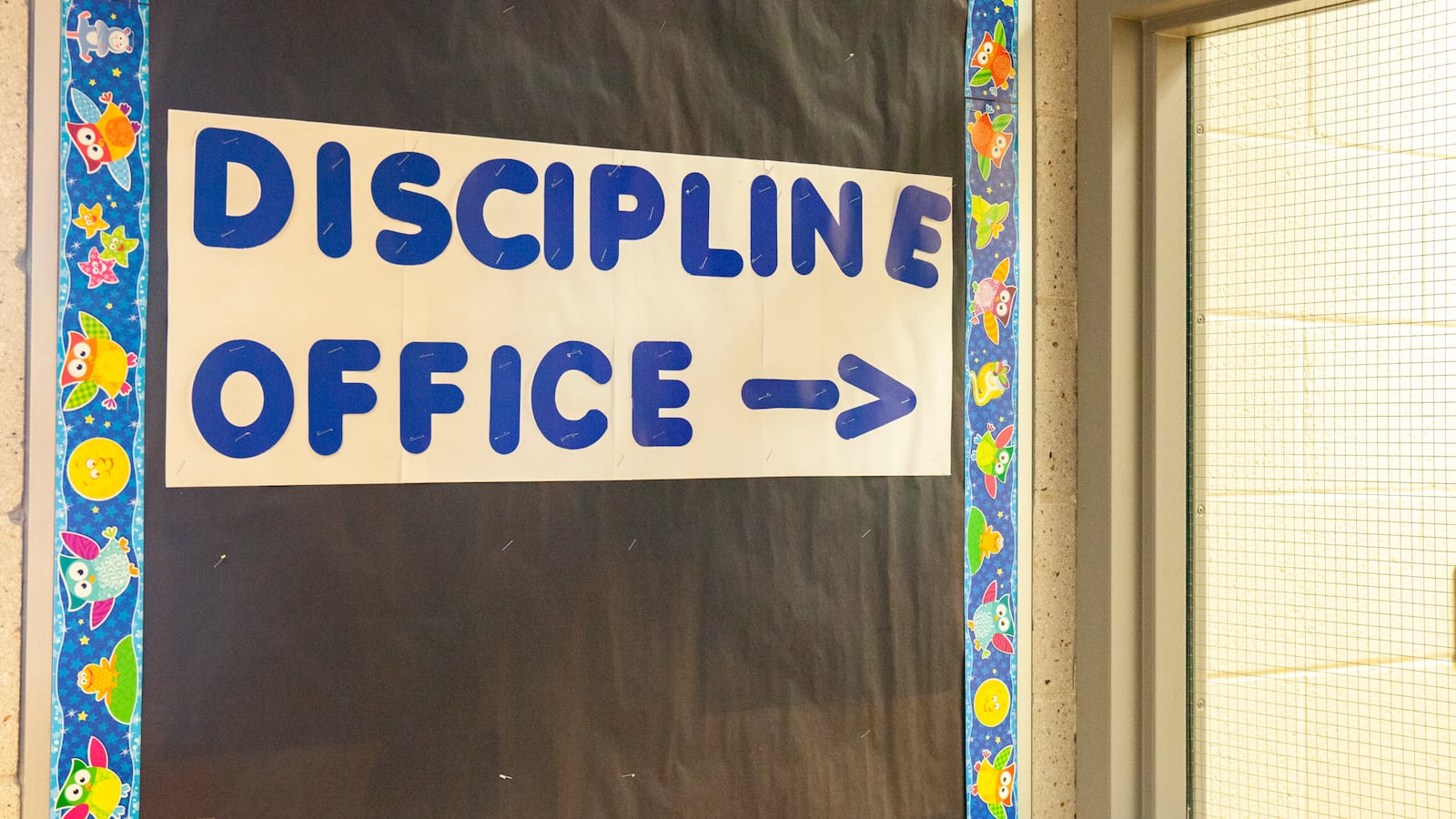More than a third of Illinois preschools in a study expelled a young child in the past year, and nearly half sent children home early as a form of discipline, according to new research from the University of Illinois at Chicago.
This comes despite a state law designed to make the practice a last resort — a law that, at the time of its passing in 2017, was considered one of the most progressive pieces of expulsion legislation in the nation. National researchers have said that expelling youngsters as early as preschool is a troubling first step in the so-called “school-to-prison pipeline.”
Across the United States, an estimated 17,000 children ages 3 and 4 are expelled from preschools each year and that can set off a domino effect of negative interactions between schools and families, said Kate Zinsser, an assistant professor of psychology at UIC who led the study team.
“Early childhood classrooms are often a family’s first interaction with the education system,” she said. “If your child has been treated as less than, or not welcome, how is that going to impact the relationship you are able to form with a future kindergarten teacher?”
Illinois’ law has yet to curb the practice for several reasons, which surfaced in Zinsser’s research. When her team surveyed and interviewed providers who run programs licensed by the state to serve 3- and 4-year-olds, one-third reported inaccurate information about the law. Nearly 20% told researchers they didn’t know the law existed until they were contacted for the study.
In practice, the legislation lacks teeth until 2021, when providers will be required to report expulsion data to the state. What’s more, the State Board of Education has not yet given providers deeper guidance on what to do when things go wrong in the classroom.
In the report, Zinsser connects her new findings with her prior research that highlights fissures in the early childhood system statewide, as teachers report high stress levels and a lack of availability of mental health consultants to step in and help when children act out at school.
Those who requested expulsions were more likely to report high levels of stress and depression and less likely to lean on existing behavioral supports.
Other findings in the report:
- Participants consistently called for more high-quality, free mental health consultants.
- Programs in Chicago expelled on average almost 4% of their enrollment, a rate almost triple that of programs outside of the city, dispelling any myth that the practice was just happening outside of urban areas.
- Diverse programs with no racial or ethnic majority expelled on average more children than programs with a majority racial or ethnic group. Nationally, black boys are expelled at significantly higher rates than are children of other races, but there’s not Illinois-specific data on race yet for expulsions from child care centers and other early education settings outside of public schools.
- Researchers identified a trend between programs that rate high on a state quality scale and frequency of expulsions. That is, programs rated “gold” — the highest rating — tended to expel children less frequently.
- More than a quarter of administrators surveyed reported that they would “probably or definitely change” their admissions practices in response to the law — an unintended consequence that concerns researchers like Zinsser.
“Some programs were increasing their documentation practices, but none mentioned qualitatively changing their approach to managing challenging behavior, the services they’ll use, or the ways they’ll interact with families,” Zinsser said. But, she acknowledged, change at individual centers can’t happen without a systemic shift.
“Changing practice inside a child care center is dependent on an investment in resources statewide, like increasing access to mental health consultants and changing teacher training programs,” Zinsser said.
She said that it’s important to ensure that teachers “go into the field knowing how to work through challenges in the classroom in collaboration with families and specialists while also maintaining their own emotional health.”


